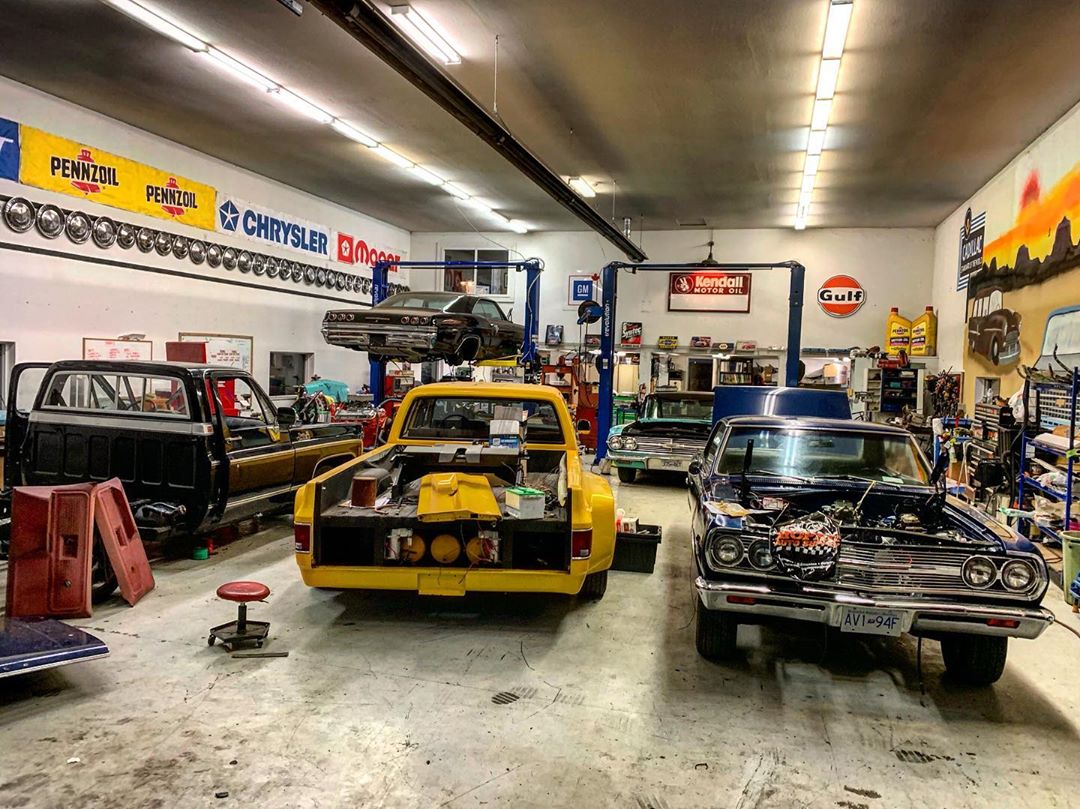All Categories
Featured
Regular oil adjustments are usually considered a minor task in automobile upkeep, however their value can not be overstated. Oil changes play a vital function in ensuring your vehicle's engine remains healthy, reliable, and trusted. Disregarding this easy maintenance step can result in reduced efficiency, higher gas intake, and expensive repair services. Let's dive right into why oil changes are so vital for your vehicle.
- Protects Engine Components from Use. Your vehicle's engine is composed of detailed moving components that run at broadband and temperature levels. These components need constant lubrication to avoid metal-on-metal call, which can create significant damage.
Fresh engine oil develops a protective obstacle between these moving parts, decreasing friction and reducing the danger of damage. With time, oil breaks down and loses its lubricating residential or commercial properties, making regular oil changes essential for preserving optimum efficiency.
- Keeps Your Engine Clean. As oil flows with your engine, it picks up dirt, debris, and even little steel bits from engine wear. While your oil filter assists trap the majority of these pollutants, it can just do so much before becoming clogged.
If the oil isn't changed consistently, these impurities build up and can form sludge, which obstructs flows and hinders engine performance. Clean oil guarantees your engine stays without unsafe deposits, allowing it to operate effectively.
- Enhances Engine Performance. Dirty or abject oil is less effective at lubricating and cooling the engine, compeling it to function tougher. This raised strain can lead to slow-moving efficiency, lowered power output, and greater fuel consumption.

By transforming your oil on time, you make sure that your engine runs smoothly and effectively, supplying much better performance and a more satisfying driving experience.
- Stops Overheating. Oil plays a vital role in managing your engine's temperature. It absorbs heat produced by the combustion procedure and distributes it far from crucial parts.
Old or low-grade oil sheds its capacity to control temperature level effectively, increasing the threat of getting too hot. Normal oil modifications help maintain proper engine temperature level, securing it from damage triggered by extreme warmth.
- Prolongs Engine Life. Your car is a significant financial investment, and regular oil adjustments are among the best means to protect it. By ensuring appropriate lubrication, getting rid of impurities, and reducing damage, oil modifications aid prolong the life of your engine.
An engine that is well-maintained with regular oil adjustments is less likely to experience major failures, saving you from expensive repairs or substitutes in the future.
- Improves Gas Performance. Unclean or old oil produces more friction within your engine, making it work tougher and consume more fuel. Clean oil decreases resistance, allowing your engine to operate much more effectively and improve your car's fuel economic situation.
Regular oil changes are a simple method to save money at the pump while reducing your car's ecological impact.
- Preserves Your Vehicle's Resale Worth. A well-kept cars and truck retains its worth far better than one with a neglected maintenance history. Prospective buyers typically request for service documents, and routine oil changes demonstrate that you have actually taken good treatment of the lorry.

By remaining on top of oil modifications, you not just safeguard your engine but likewise improve your cars and truck's resale value when it's time to update.
When Should You Modification Your Oil? The regularity of oil adjustments depends on a number of elements, including your car's make and design, driving habits, and the type of oil you utilize. Standard oil normally needs to be transformed every 3,000 to 5,000 miles, while synthetic oil can last as much as 7,500 or perhaps 10,000 miles.
Many modern cars are outfitted with oil life tracking systems that signal you when it's time for a change. However, it's always a good idea to consult your owner's guidebook for the maker's referrals.
Final Thought: Tiny Upkeep, Big Effect. Oil changes might look like a regular job, however they are among one of the most important action in keeping your cars and truck's health and wellness. From protecting engine components and boosting efficiency to prolonging engine life and improving gas performance, the benefits of routine oil modifications are undeniable.
Do not wait on cautioning lights or performance concerns to advise you-- it's better to stay proactive. Adhere to a consistent oil modification timetable, and your vehicle will certainly compensate you with reputable efficiency and long-lasting durability. Nevertheless, a small investment in normal oil changes can save you from large repair bills and make sure satisfaction each time you hit the roadway.
Latest Posts
Reputable Expenses Door Solutions for Houses and Organizations
Discover Oil Changes & More: Complete Auto Care Solutions from Montclare Auto Repair
How Regular Auto Maintenance at Montclare Auto Repair Reduces Costs
More
Latest Posts
Reputable Expenses Door Solutions for Houses and Organizations
Discover Oil Changes & More: Complete Auto Care Solutions from Montclare Auto Repair
How Regular Auto Maintenance at Montclare Auto Repair Reduces Costs
